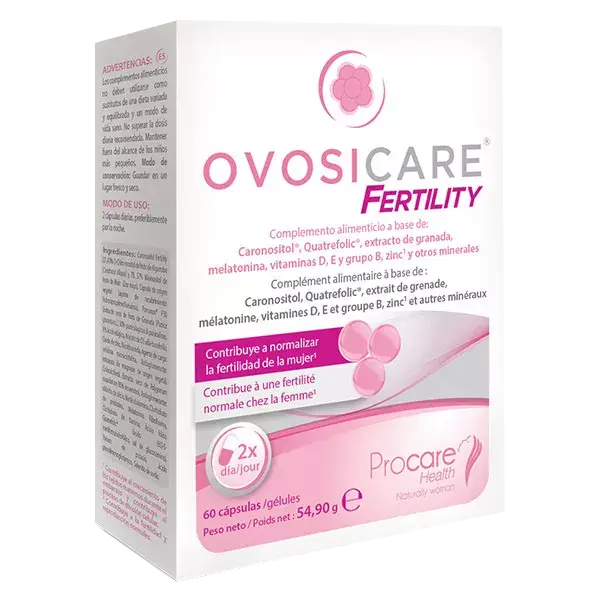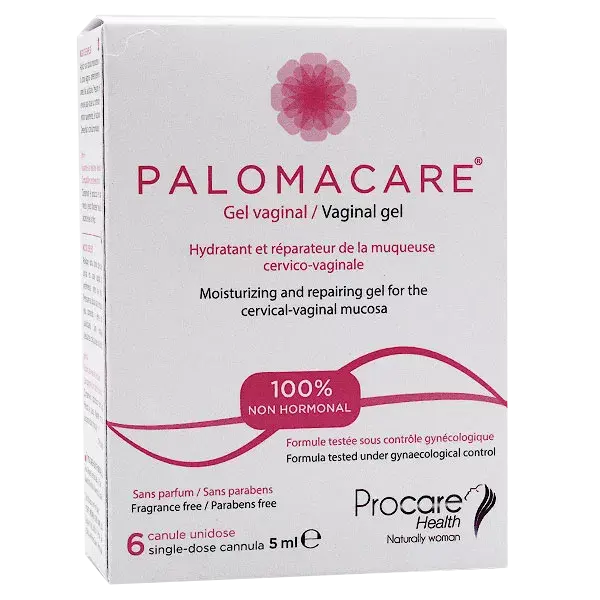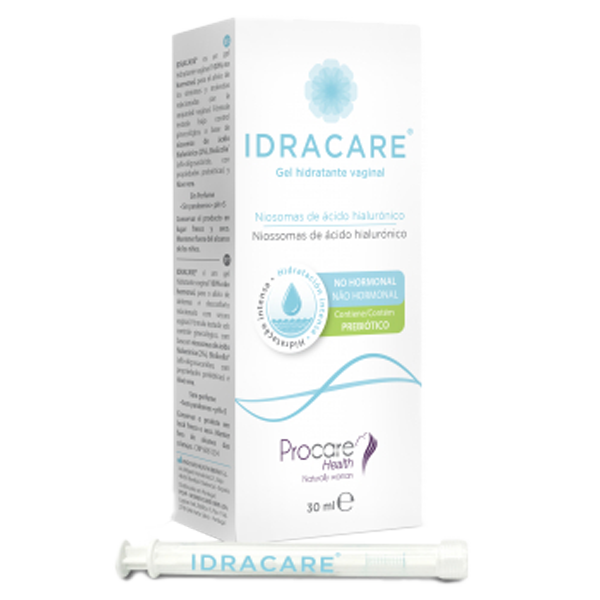Does HPV ever go away? We discuss the latest research about persistent HPV

How to get rid of persistent HPV is one of the most common questions that people with the virus have. Our founder Tak shares some key findings about persistent HPV that were discussed when he attended the annual scientific meeting of the British Society of Colposcopy and Cervical Pathology.
This is the most important meeting in the year for the doctors and nurses who specialise in treating women with HPV in the UK. This year there were three key topics: HPV persistence, HPV self-testing and HPV in the broader genital area.
In this article, we share the latest findings about persistent HPV that were discussed at the meeting.
“Up until now, clinicians thought that when a woman receives a negative HPV test, it means either that she has never been infected or has been infected in the past but her body has now cleared the virus.
However, the latest research shows that the test that is currently used can’t effectively detect low levels of HPV. This means a negative test could in fact mean the woman doesn’t have the virus or she has it at a low level which can’t be detected.
Now, the mainstream view is that in many cases, the virus is still there but it is sufficiently suppressed so that it does not get picked up by the diagnostic test.
What does it mean to say the virus is being suppressed? How much of the virus a person has in their body is called the viral load. What’s likely to be happening is that a person’s immune system is keeping the virus in check by constantly clearing it so that the viral load doesn’t increase. This is called viral suppression.
In some cases, the virus moves into an inactive stage where it stops replicating. It is like a seed in winter that is not germinating. The virus in this state is said to be latent.
If the HPV in a woman’s body remains in a suppressed or latent state, there is little to worry about from a clinical point of view. The virus is in effect under control.
However, when someone’s immune system is weakened for any reason and becomes less effective, the virus is no longer kept in check and starts to increase in numbers. If the immune system gets exhausted, the virus will multiply to a level where some cells in the body can become abnormal.
Typically, as a woman gets older, her immune system becomes less effective. That is why women over 50 are less likely to get a negative HPV result or they experience HPV ‘coming back’. Of course we now know this might mean in fact it was in the body for a while but the virus grew to a level at which it could be detected by the test .
Age is not the only factor linked to a weakened immune system. Many factors can lead to someone’s immune system becoming less effective:
- If a woman is ‘under the weather’
- Medical conditions such as diabetes, high blood pressure (hypertension), kidney disease and cancer
- Certain medications such as cancer drugs and immunosuppressants
- An unhealthy lifestyle – such as smoking, poor sleep or diet, and lack of exercise.
So what can a woman do if she tests positive for HPV and is told to come back for another test in 12 months?
It is best to take action to support the immune system. Lifestyle improvements are an important first step.
If a woman has risk factors for a weaker immune system, for example, being over the age of 50, she may want to use treatments and supplements that are backed by research to help control HPV.
What should a woman do if she tests negative for HPV in a year’s time?
We now know that a negative HPV test result may just mean that a woman’s immune system is effectively controlling the HPV in her body. Therefore, it is important that she keeps her immune system in a healthy state. The next time is that she is invited for a smear test, she should definitely take the test again.
The chance of testing positive again is greater than 20 per cent even she is with same sexual partner. This could be because the partner remained HPV positive. It can also be that the HPV in the woman’s body was never cleared. It was just well controlled.
How to get rid of persistent HPV is one of the most common questions that people with the virus have. Our founder Tak shares some key findings about persistent HPV that were discussed when he attended the annual scientific meeting of the British Society of Colposcopy and Cervical Pathology.
This is the most important meeting in the year for the doctors and nurses who specialise in treating women with HPV in the UK. This year there were three key topics: HPV persistence, HPV self-testing and HPV in the broader genital area.
In this article, we share the latest findings about persistent HPV that were discussed at the meeting.
“Up until now, clinicians thought that when a woman receives a negative HPV test, it means either that she has never been infected or has been infected in the past but her body has now cleared the virus.
However, the latest research shows that the test that is currently used can’t effectively detect low levels of HPV. This means a negative test could in fact mean the woman doesn’t have the virus or she has it at a low level which can’t be detected.
Now, the mainstream view is that in many cases, the virus is still there but it is sufficiently suppressed so that it does not get picked up by the diagnostic test.
What does it mean to say the virus is being suppressed? How much of the virus a person has in their body is called the viral load. What’s likely to be happening is that a person’s immune system is keeping the virus in check by constantly clearing it so that the viral load doesn’t increase. This is called viral suppression.
In some cases, the virus moves into an inactive stage where it stops replicating. It is like a seed in winter that is not germinating. The virus in this state is said to be latent.
If the HPV in a woman’s body remains in a suppressed or latent state, there is little to worry about from a clinical point of view. The virus is in effect under control.
However, when someone’s immune system is weakened for any reason and becomes less effective, the virus is no longer kept in check and starts to increase in numbers. If the immune system gets exhausted, the virus will multiply to a level where some cells in the body can become abnormal.
Typically, as a woman gets older, her immune system becomes less effective. That is why women over 50 are less likely to get a negative HPV result or they experience HPV ‘coming back’. Of course we now know this might mean in fact it was in the body for a while but the virus grew to a level at which it could be detected by the test .
Age is not the only factor linked to a weakened immune system. Many factors can lead to someone’s immune system becoming less effective:
- If a woman is ‘under the weather’
- Medical conditions such as diabetes, high blood pressure (hypertension), kidney disease and cancer
- Certain medications such as cancer drugs and immunosuppressants
- An unhealthy lifestyle – such as smoking, poor sleep or diet, and lack of exercise.
So what can a woman do if she tests positive for HPV and is told to come back for another test in 12 months?
It is best to take action to support the immune system. Lifestyle improvements are an important first step.
If a woman has risk factors for a weaker immune system, for example, being over the age of 50, she may want to use treatments and supplements that are backed by research to help control HPV.
What should a woman do if she tests negative for HPV in a year’s time?
We now know that a negative HPV test result may just mean that a woman’s immune system is effectively controlling the HPV in her body. Therefore, it is important that she keeps her immune system in a healthy state. The next time is that she is invited for a smear test, she should definitely take the test again.
The chance of testing positive again is greater than 20 per cent even she is with same sexual partner. This could be because the partner remained HPV positive. It can also be that the HPV in the woman’s body was never cleared. It was just well controlled.
Social
Sign up to receive our newsletter and a welcome discount code:
Disclaimer: Information on this website is provided for informational purposes only and not intended as a substitute for the advice provided by your physician or other healthcare professional. You should not use the information on this website for diagnosing or treating a health problem or disease, or prescribing any medication or other treatment. For medical advice, diagnosis and prescription, please consult a healthcare professional. More Information >
Disclaimer: Information on this website is provided for informational purposes only and not intended as a substitute for the advice provided by your physician or other healthcare professional. You should not use the information on this website for diagnosing or treating a health problem or disease, or prescribing any medication or other treatment. For medical advice, diagnosis and prescription, please consult a healthcare professional.
© LivBio Limited 2024 All Rights Reserved.












